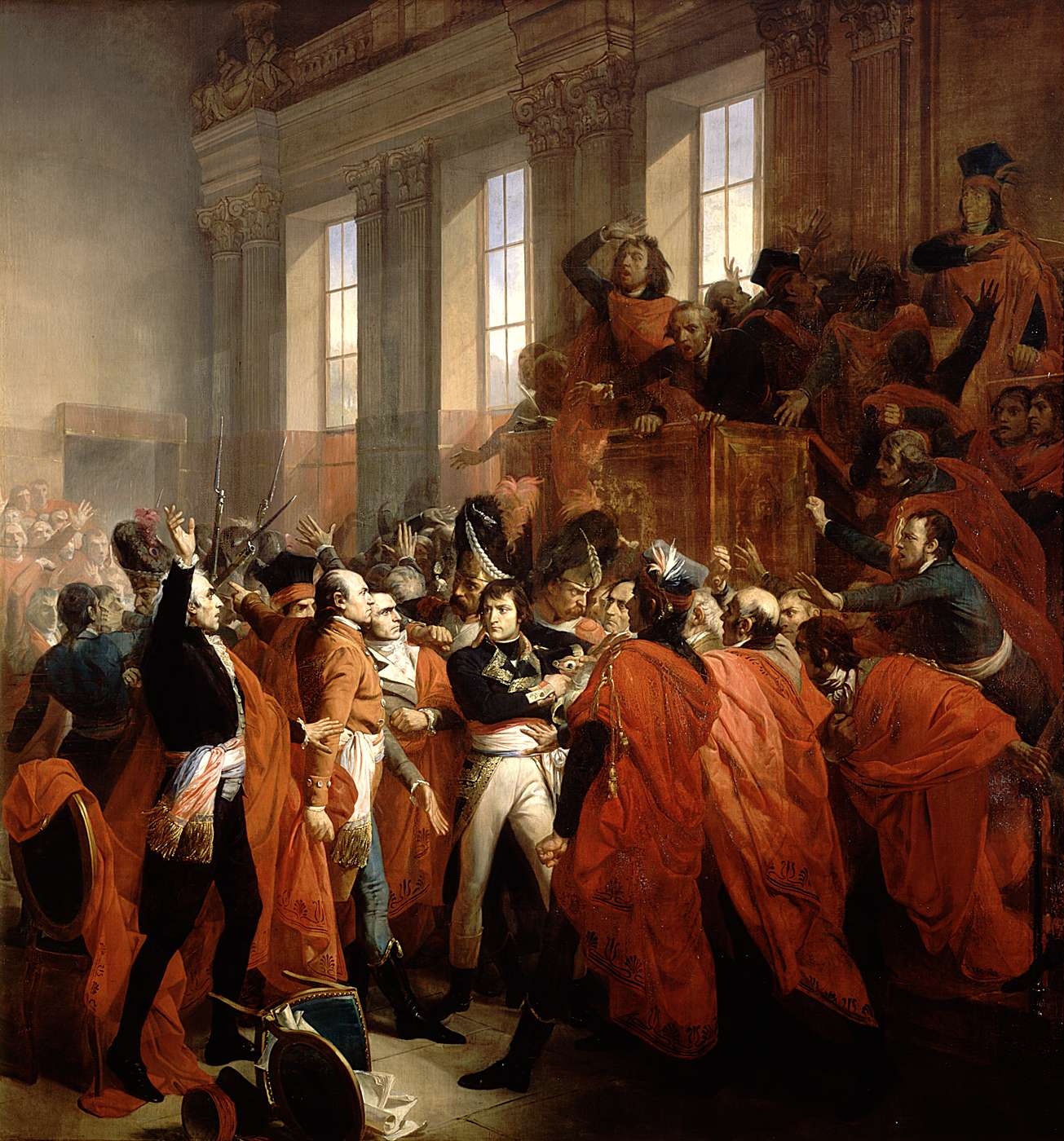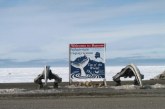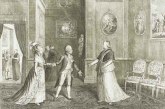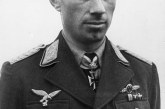
Story Highlights
- historical event: The good thing was that it was Napoleon’s younger brother – Lucien Bonaparte – who was just then chairman of parliament (called the “Council of Five Hundred”). Lucien ordered the army to expel from the hall the MPs who opposed Napoleon.
Napoleon Bonaparte came to power in France on this day in 1799. It was 18 Brumaire according to the French revolutionary calendar. Specifically, the Gregorian calendar was abolished during the Revolution, and a new one was introduced, in which all months had exactly 30 days and carried the names of natural phenomena. Thus, the month Brumaire was named after fog (French “brume”), which is typical for this time of year.
Earlier during that year, Napoleon was in distant Egypt as the commander of the French revolutionary military expedition. He had the rank of general despite being only 29 years old. At the beginning of the year he led his army from Egypt to Palestine, to the birthplace of Christ in Galilee. The French army occupied even Nazareth, the birthplace of Jesus Christ. They defeated the Turkish army on the famous Mount Tabor, but failed to take the fortified city of Akon, and eventually returned to Egypt.
In late summer of that year, Napoleon sailed from Egypt back to France. The country was then ruled by the so-called Directory, which was becoming increasingly hated by the people. Namely, the Directory was a specific government of five directors. The five of them shared executive power. However, as the state treasury became impoverished, the directors became unpopular and their power was waning.
At that moment, Napoleon came to France. He was popular there because of his military victories in Egypt. Napoleon decided to bring down the Directory and take the power himself. The coup was planned in advance by one of the five directors – Abbé Sieyès – who wanted to put himself at the head of government. However, when Sieyès saw how popular and powerful Napoleon was, he decided to join him. Another director – Ducos – also sided with them.
On this day, Sieyès and Ducos made it possible for Napoleon to be entrusted with the command of the army, which allowed Napoleon to perform the coup. Then they resigned to their positions of directors, and the cunning Talleyrand (later Napoleon’s Minister of Foreign Affairs) persuaded the third director, Barras, to resign as well, threatening him with military force.
Since three of five directors had resigned, the Directory government practically ceased to exist. The remaining two directors were Jacobins who frantically held their positions. However, Napoleon’s ally – General Moreau – had them arrested. Napoleon then only had to deal with the parliament. This was easy because Napoleon’s younger brother – Lucien Bonaparte – was at that time the chairman of parliament (called the “Council of Five Hundred”). Lucien ordered the army to expel from the hall all the MPs who opposed Napoleon.
The new executive power was entrusted to three Consuls (the Consulate). The First Consul was, of course, Napoleon, and the other two were former directors Sieyès and Ducos. In fact, Napoleon had all the real power, while the other two remained in his shadow and only served to give the illusion that he didn’t have absolute power.




